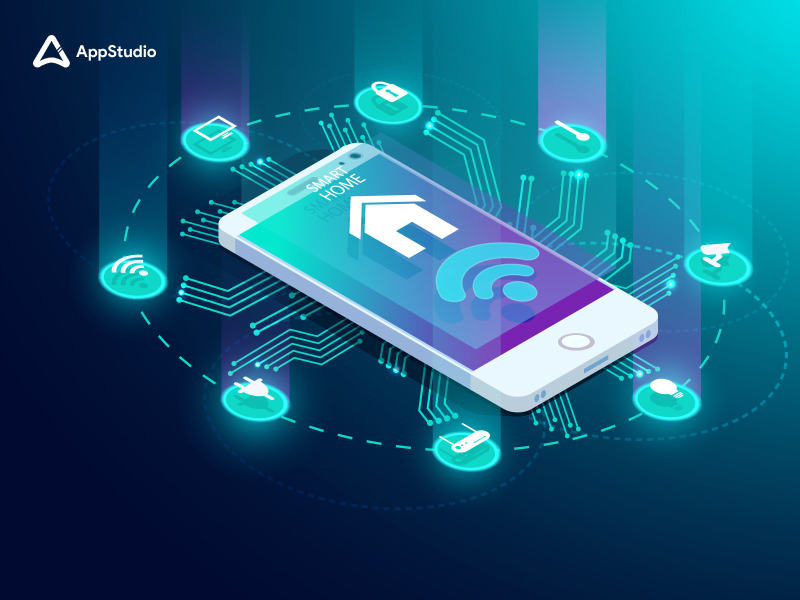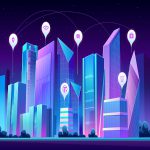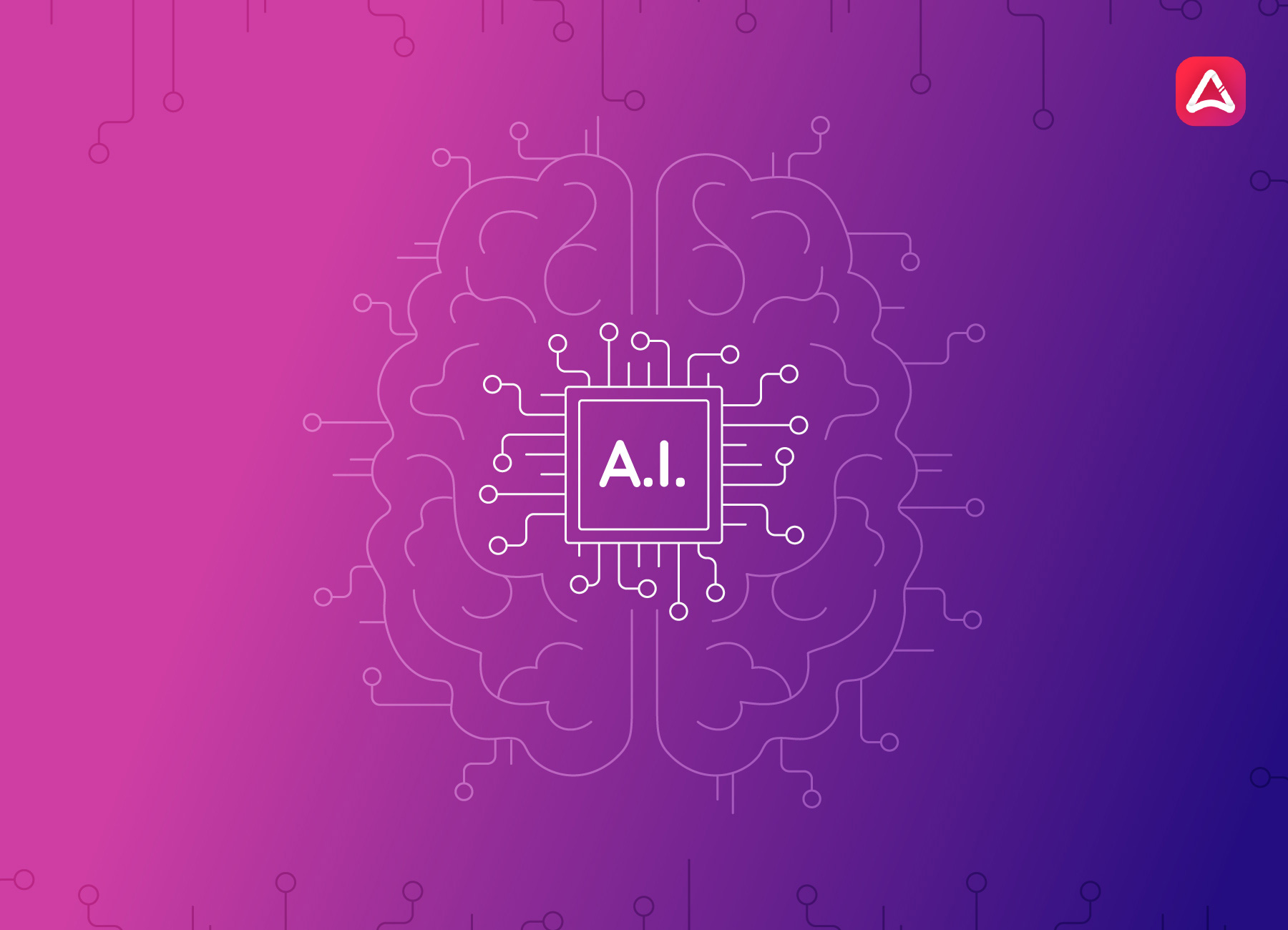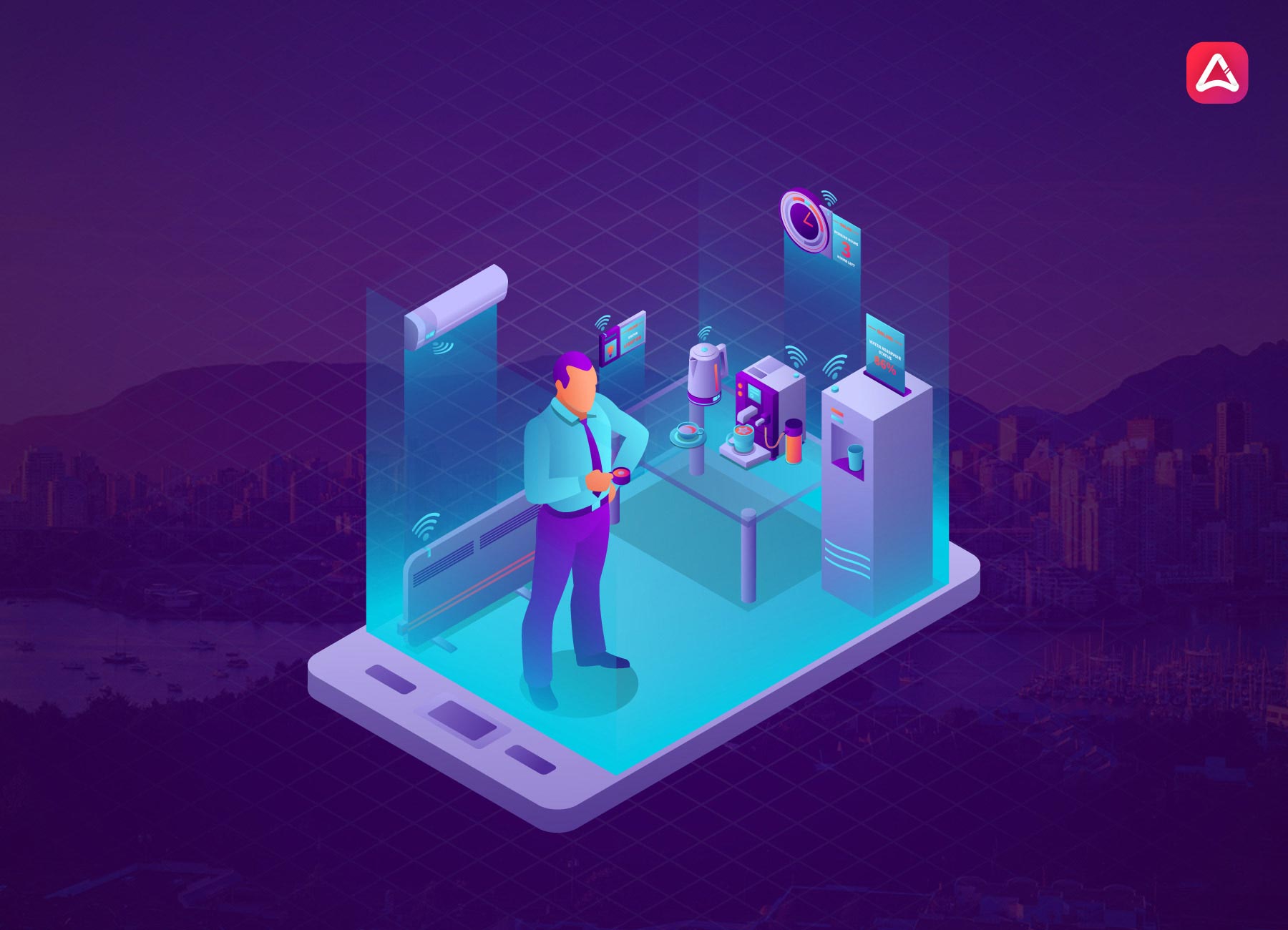Internet of Things is an unstoppable technological phenomenon, that is expanding at a breakneck speed, surprising one and all.
In the year 2022, businesses spent more than $200 billion on different IoT applications and platforms, which showcase an impressive growth rate of 21.5%. It’s estimated that there will be more than 25 billion interconnected IoT devices in the next 5 years.
At the same time, automation is picking up across all vertices and industries, across the world. Already, the process and industrial automation market have crossed the $220 billion threshold, and out of that, industrial automation is about to breach the $500 billion mark by 2023, globally.
With the emergence of Industry 5.0, the concept of connected automation is picking up pace, which includes industrial automation, smart home automation, smart city, wearables, and more.
If we combine the might of IoT with the charisma of automation, then we can visualize a stunning, daring future, which changes everything.
And on top of that, if we add Artificial Intelligence into this whole gamut, then prospects become more exciting! With the release of ChatGPT, which is based on the Natural Language Processing model, machine learning has taken a giant stride toward automating a ton of business and industrial processes.
In this blog, we will explore the possibilities of leveraging AI in IoT app development, which triggers smarter, intelligent automation for businesses, corporates, industries and sectors, and induces a never-seen-before innovation and inspiration.
What is IoT App Development?

In layman’s terms, an IoT app is an application that connects to and controls one or more devices through the internet. These devices can be anything from smart thermostats to connected refrigerators, and they are typically controlled through a smartphone or other internet-connected device.
IoT app development is the process and journey of creating such applications.
Now, let’s take a closer look at how AI can be used in IoT app development to create smarter automation.
Why We Deploy AI For IoT App Development?
If you are wondering why mobile app engineers at our IoT App development company deploy AI, then here are some reasons:
Better decision-making: AI algorithms can process large amounts of data in real-time, allowing IoT apps to make better decisions based on the current situation.
Predictive maintenance: Powerful AI algorithms can analyze data from connected devices to predict when a device is likely to fail. This can help prevent costly downtime and ensure that devices are always functioning at their best.
Personalization: AI can be used to create personalized experiences for users by analyzing their behavior and preferences.
Voice-activated control: Integrating voice recognition technology into IoT apps can make it easier for users to control their connected devices. This is especially useful for people with disabilities or mobility issues.
Improved energy efficiency: By analyzing data from connected devices, AI algorithms can identify areas where energy can be saved.
In short, the usage of AI can make IoT applications more intelligent, efficient, and user-friendly.
Smarter & Intelligent Automation With AI-Powered IoT Apps: Top Use Cases
Automated Predictive Maintenance With AI-Powered IoT
One of the most significant benefits of IoT technology is its ability to gather data from connected devices in real time. This data can then be analyzed to identify patterns and trends that can be used to predict future behavior.
By leveraging the power of AI, IoT apps can use this data to predict when a device is likely to fail, and take action before it does.
For example, let’s say you have a smart refrigerator that is connected to the internet. By analyzing the data from the refrigerator’s sensors, an AI-powered IoT app could detect when the compressor is starting to wear out and needs to be replaced.
The app could then automatically order a replacement part and schedule a service appointment with a technician before the compressor fails, saving you time and money.
Another example can be an AI-powered app for a factory that could predict when a machine is likely to fail and schedule maintenance before it causes a production halt.
Automated Energy Management With AI & Iot Apps
AI-powered IoT apps can help users manage their energy consumption more efficiently by analyzing data from connected devices, such as smart thermostats and smart lighting systems.
These apps can learn a user’s behavior and preferences and adjust the devices accordingly to save energy.
For example, our IoT app development company can create an AI-powered smart thermostat that could learn when a user typically leaves their home and automatically adjust the temperature to save energy while the user is away.
Personalized Experiences On Auto-Pilot Mode With AI & IoT
AI can also be used in IoT app development to create personalized experiences for users, on an auto-mode.
By analyzing data from connected devices, an AI-powered IoT app can learn about a user’s behavior and preferences and tailor the app’s functionality to their needs.
For example, let’s say you have a smart home security system that is connected to an AI-powered IoT app.
The app could learn your routine and preferences for when and how the security system is used. It could then automatically arm and disarm the system based on your location and schedule, making your home more secure and giving you peace of mind.
Smart & Automated Home Security
AI-powered IoT apps can provide smarter and more intelligent security solutions for smart homes. These apps can learn a user’s behavior and preferences and adjust the security devices accordingly.
For example, an AI-powered smart home security system could learn when a user typically arrives home and automatically disarm the security system.
Intelligent & Automated Vehicles
AI-powered IoT apps can enable autonomous vehicles by analyzing data from connected devices, such as cameras and sensors. These apps can learn how to navigate roads and make decisions based on real-time data. For example, an AI-powered autonomous vehicle could detect obstacles on the road and adjust its route accordingly.
If you wish to explore more possibilities with AI-powered IoT applications which can turbocharge your business and enable you to edge past your competitors, then connect with AppStudio: the most recommended app development company, and take the first step towards innovation and disruption.







